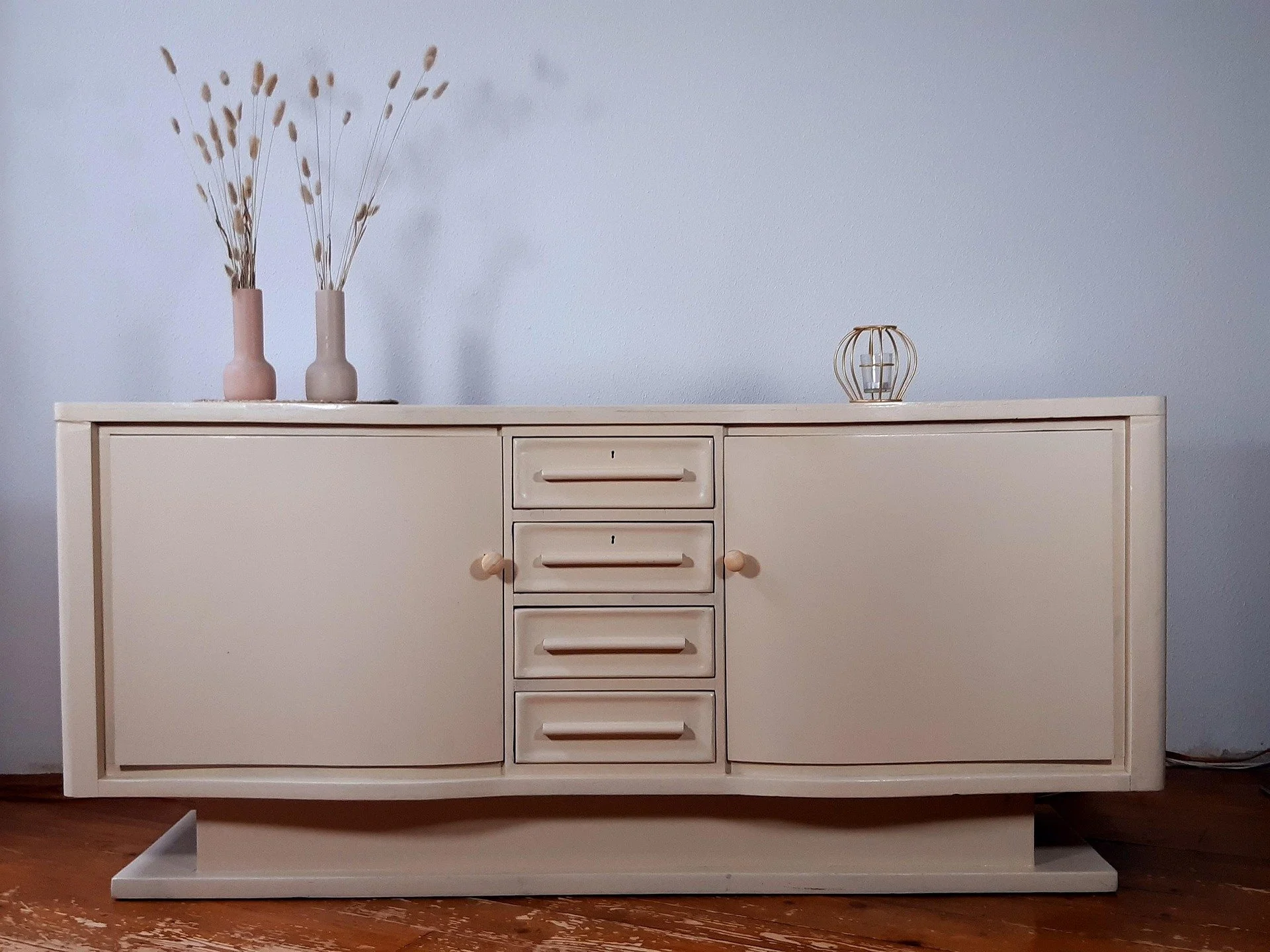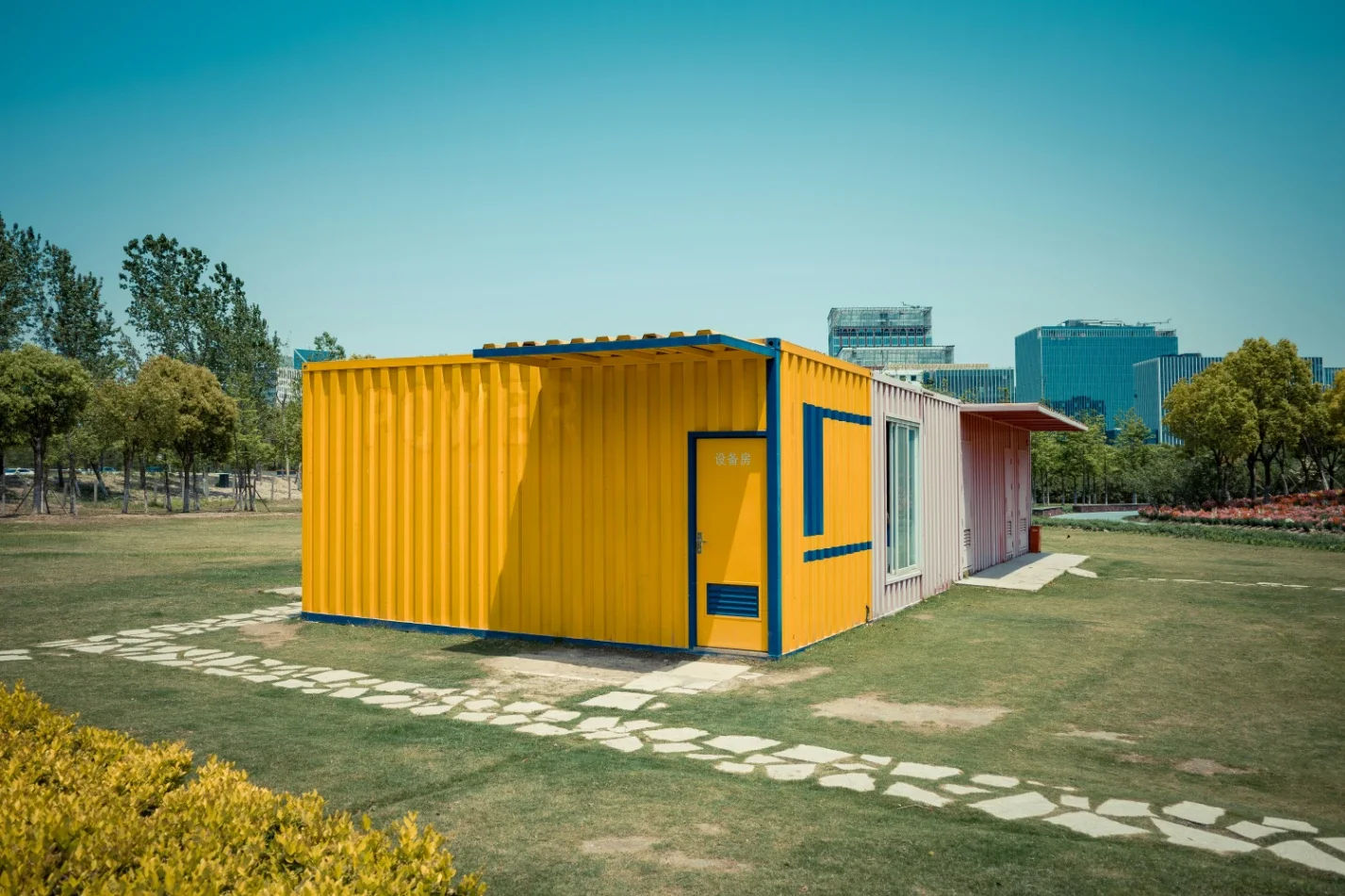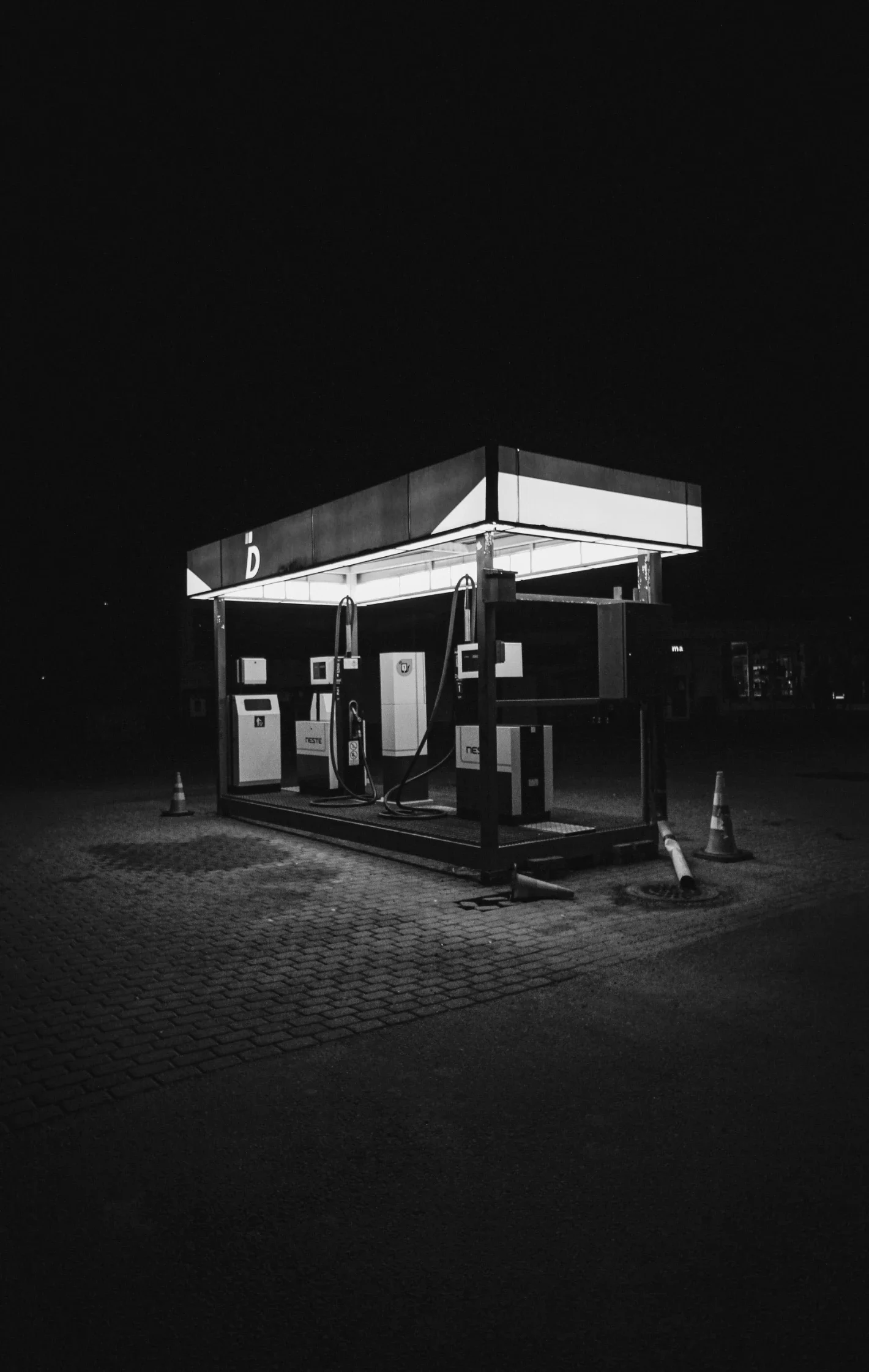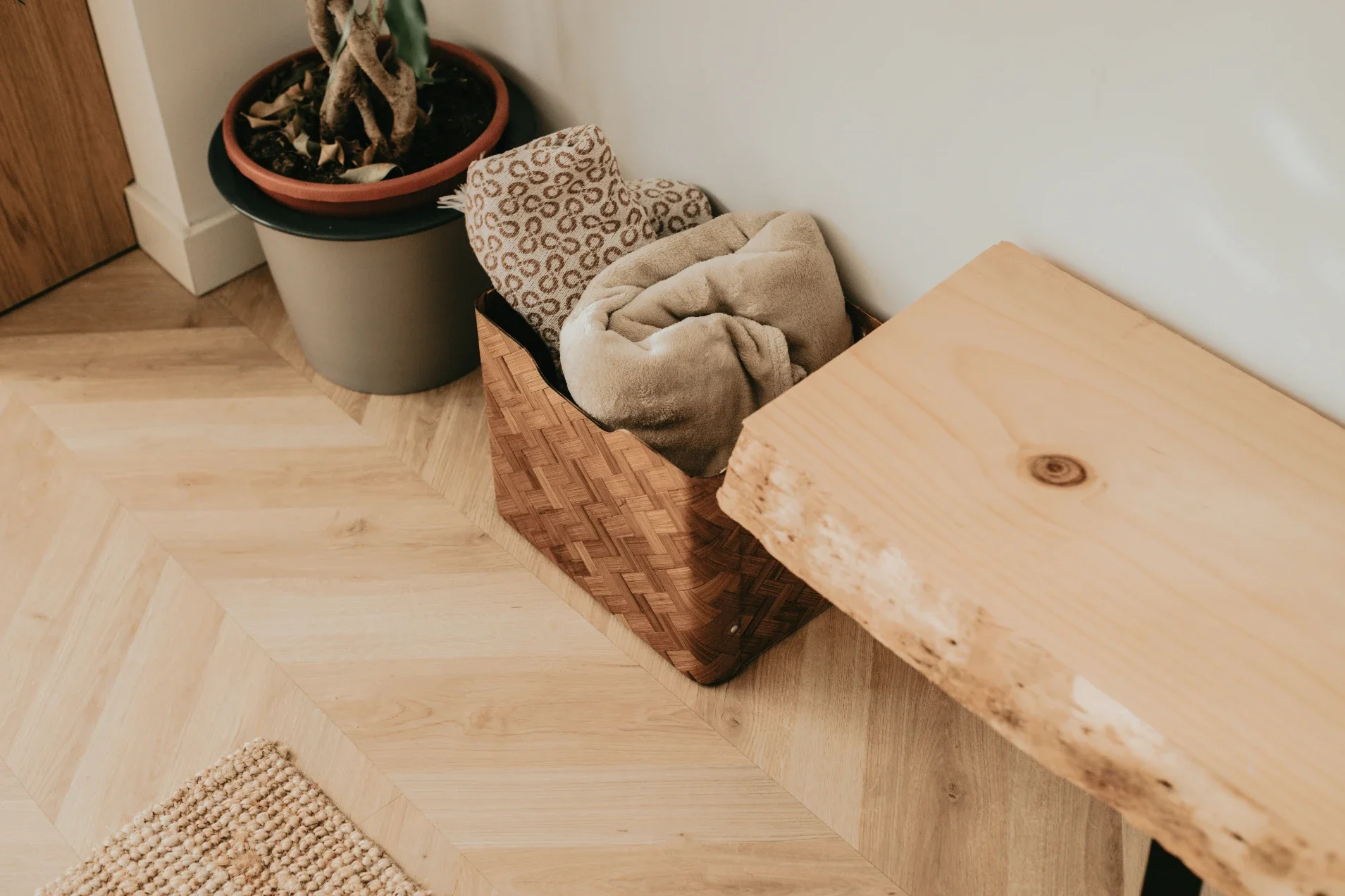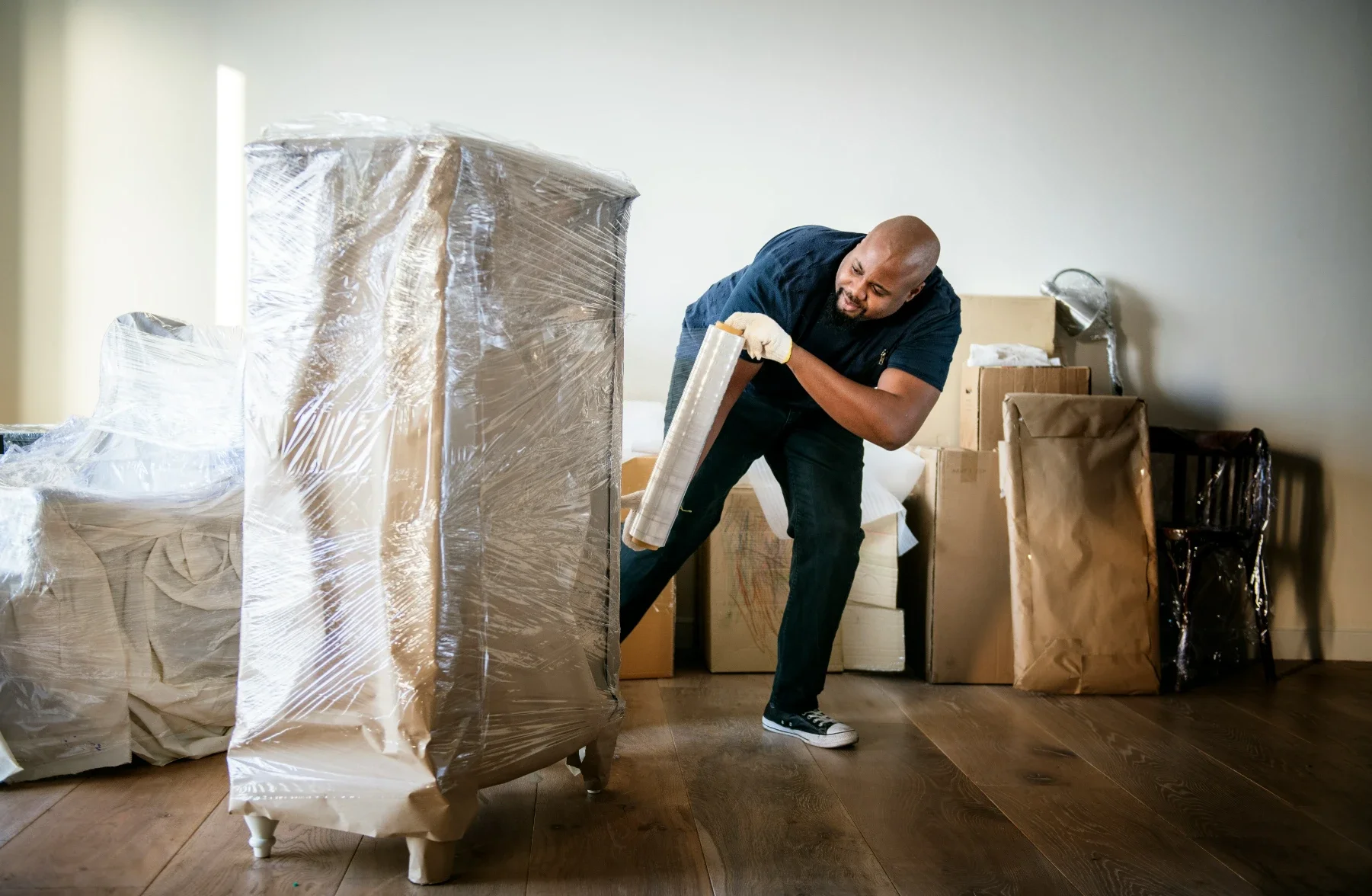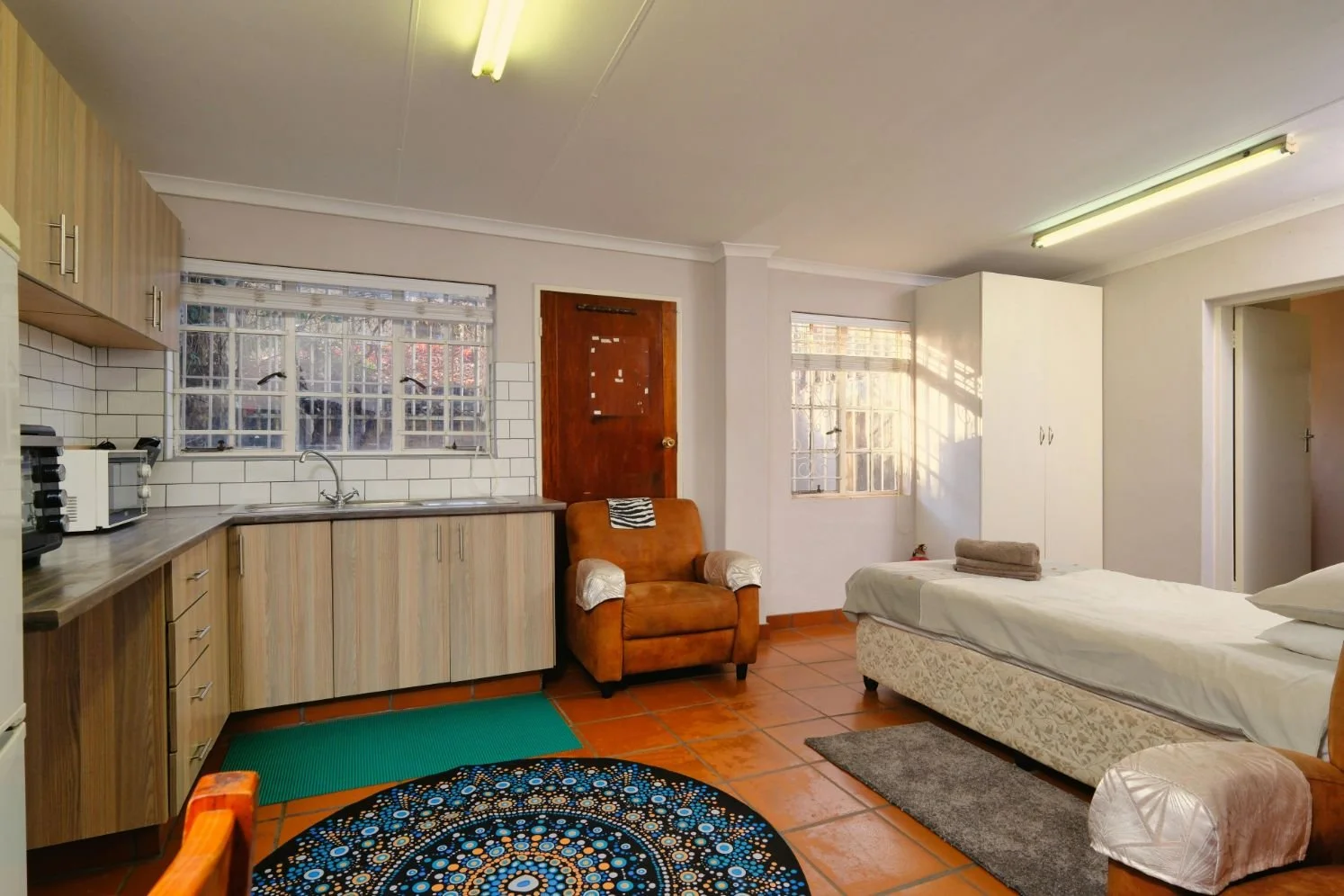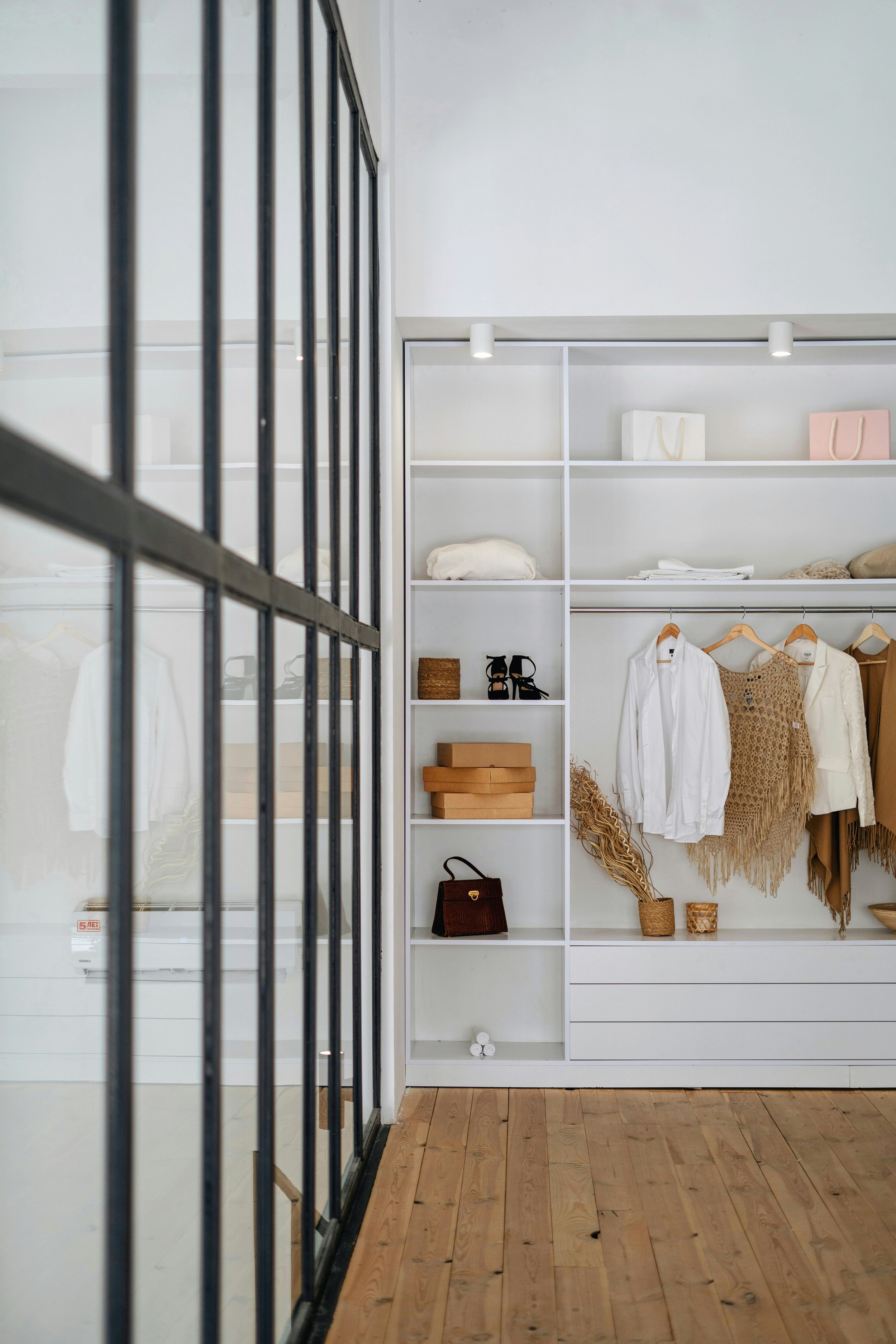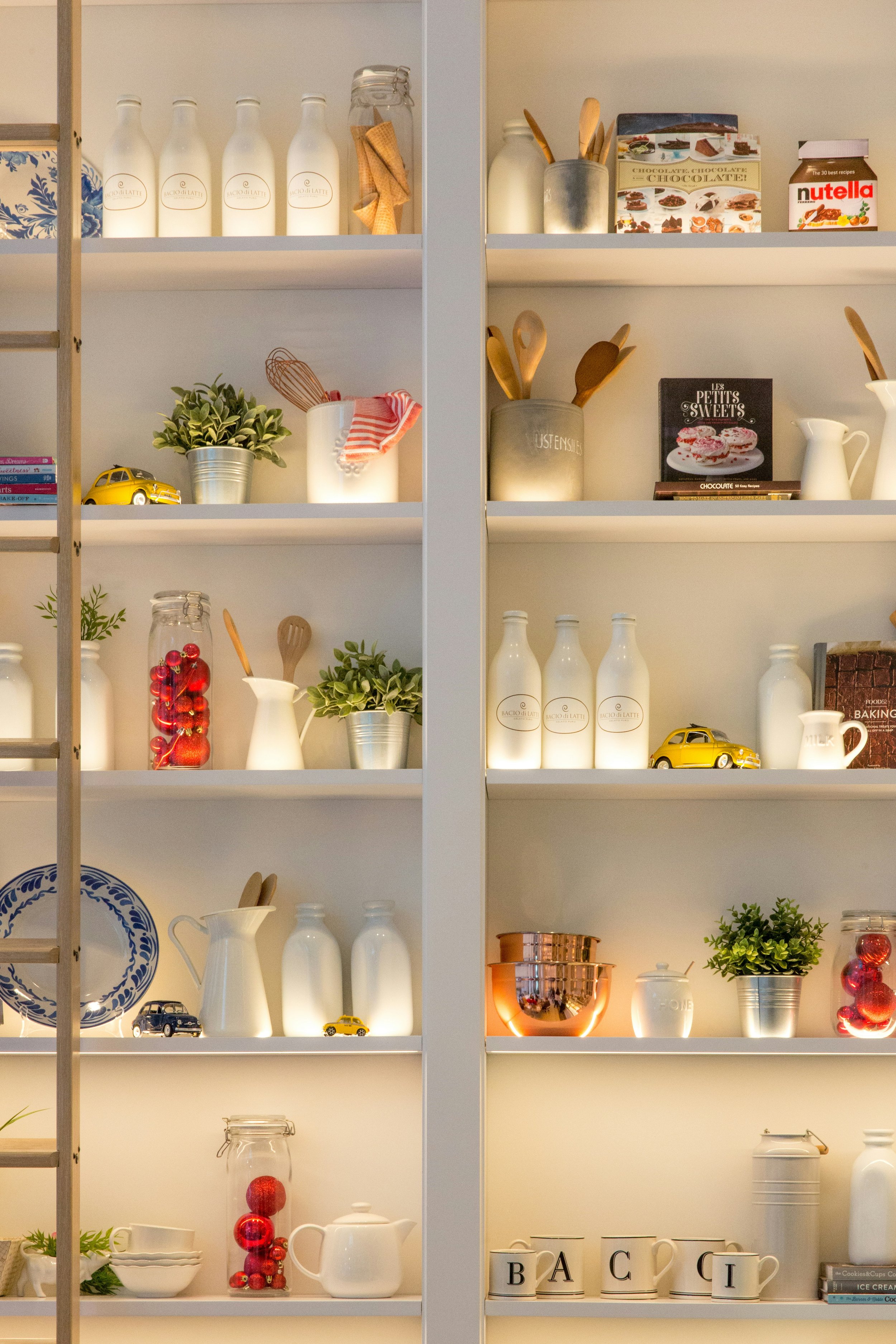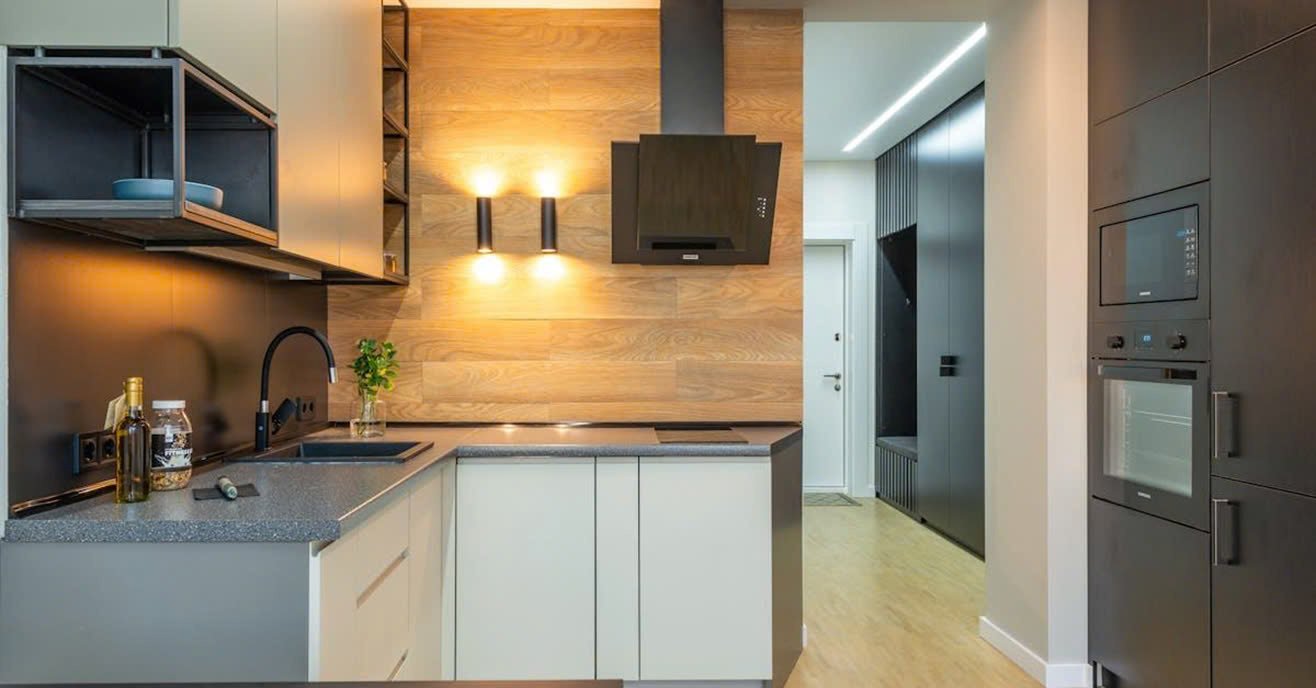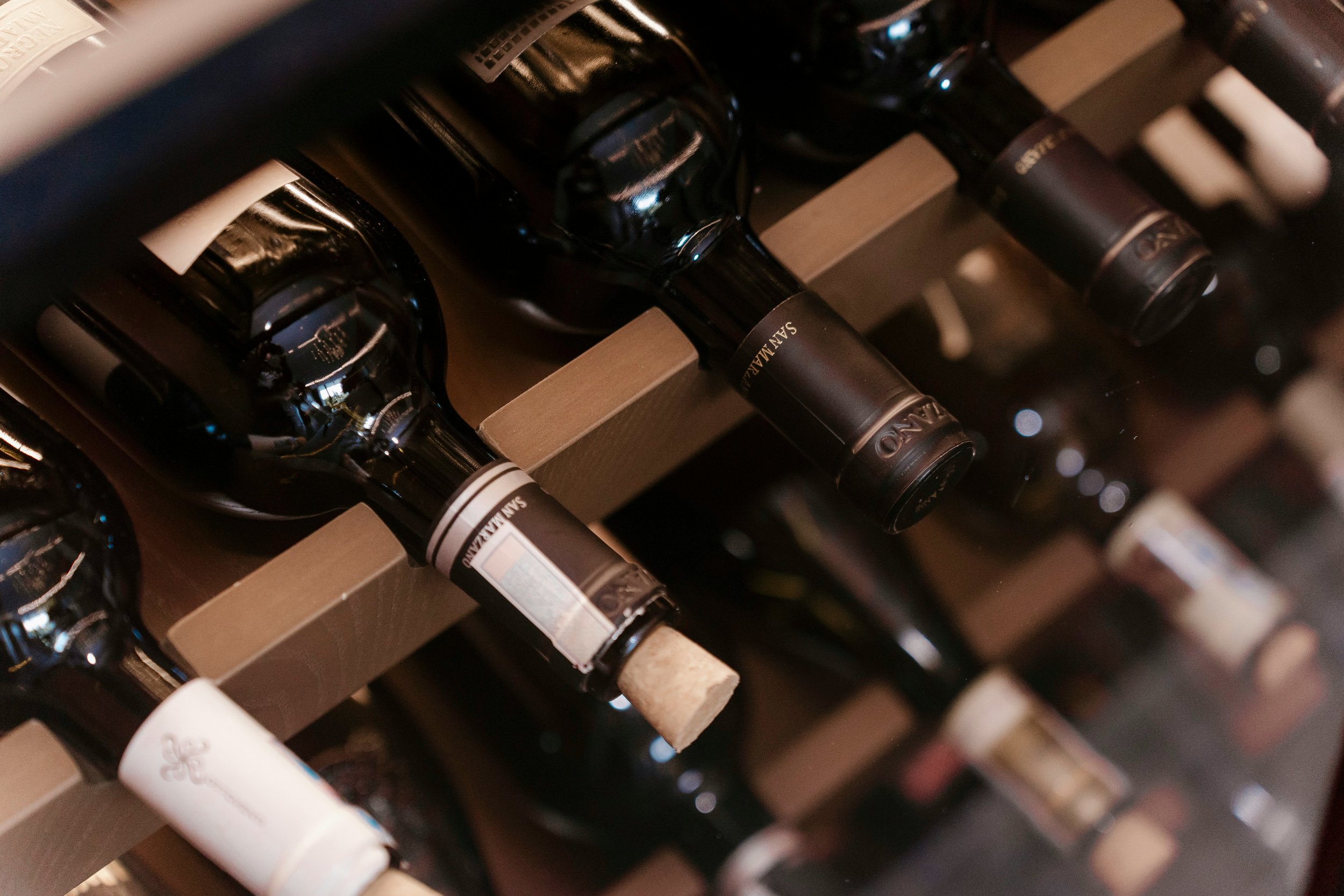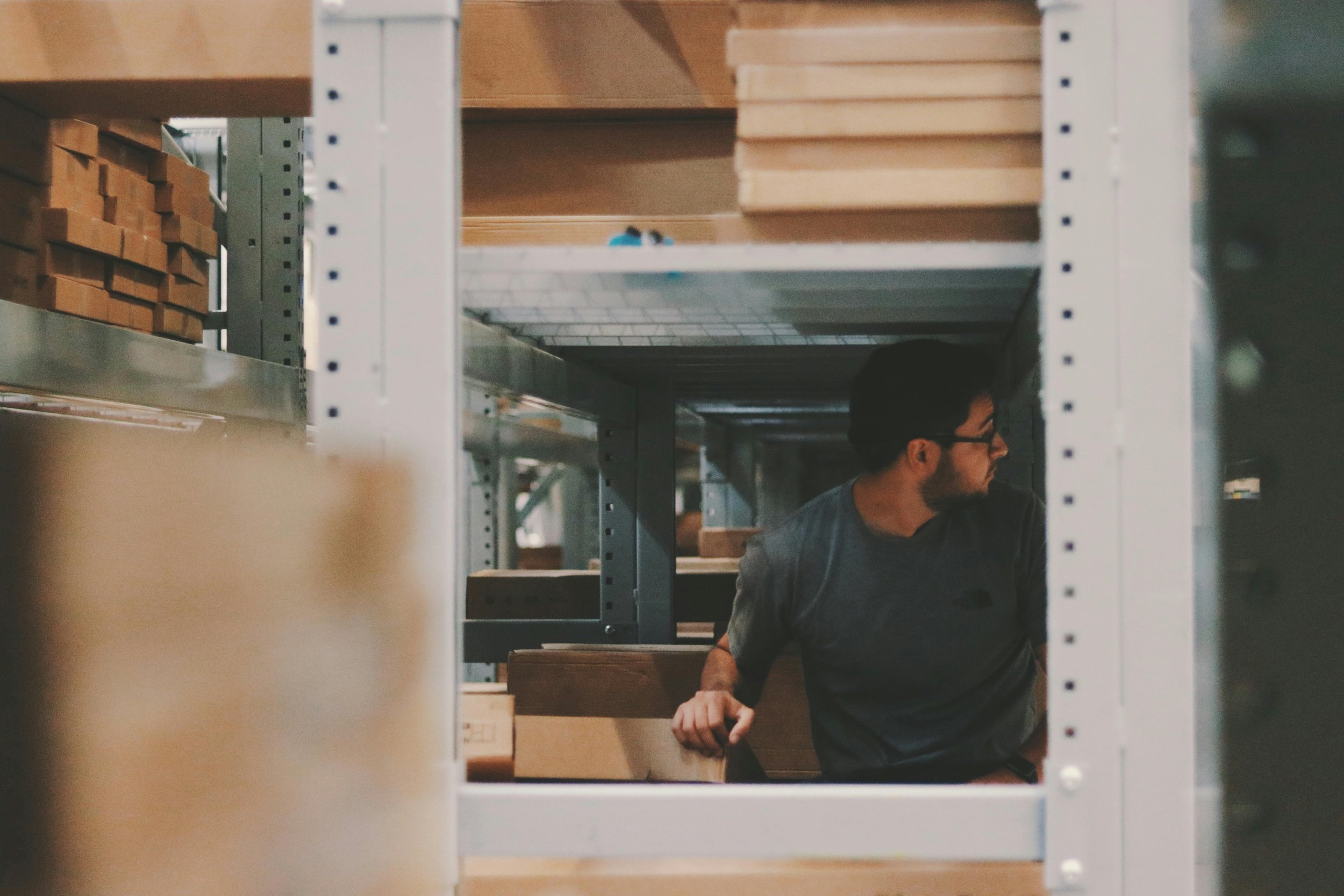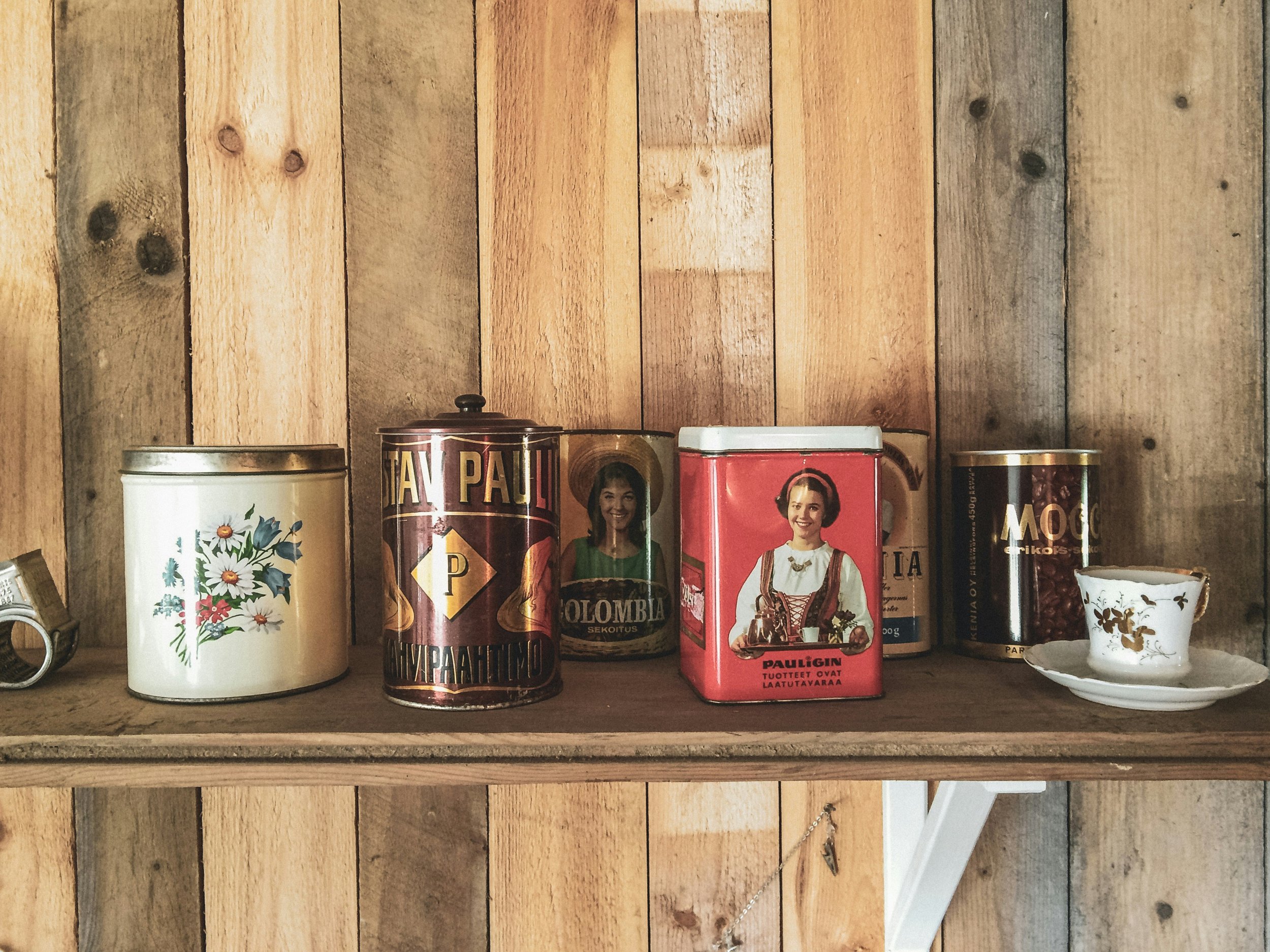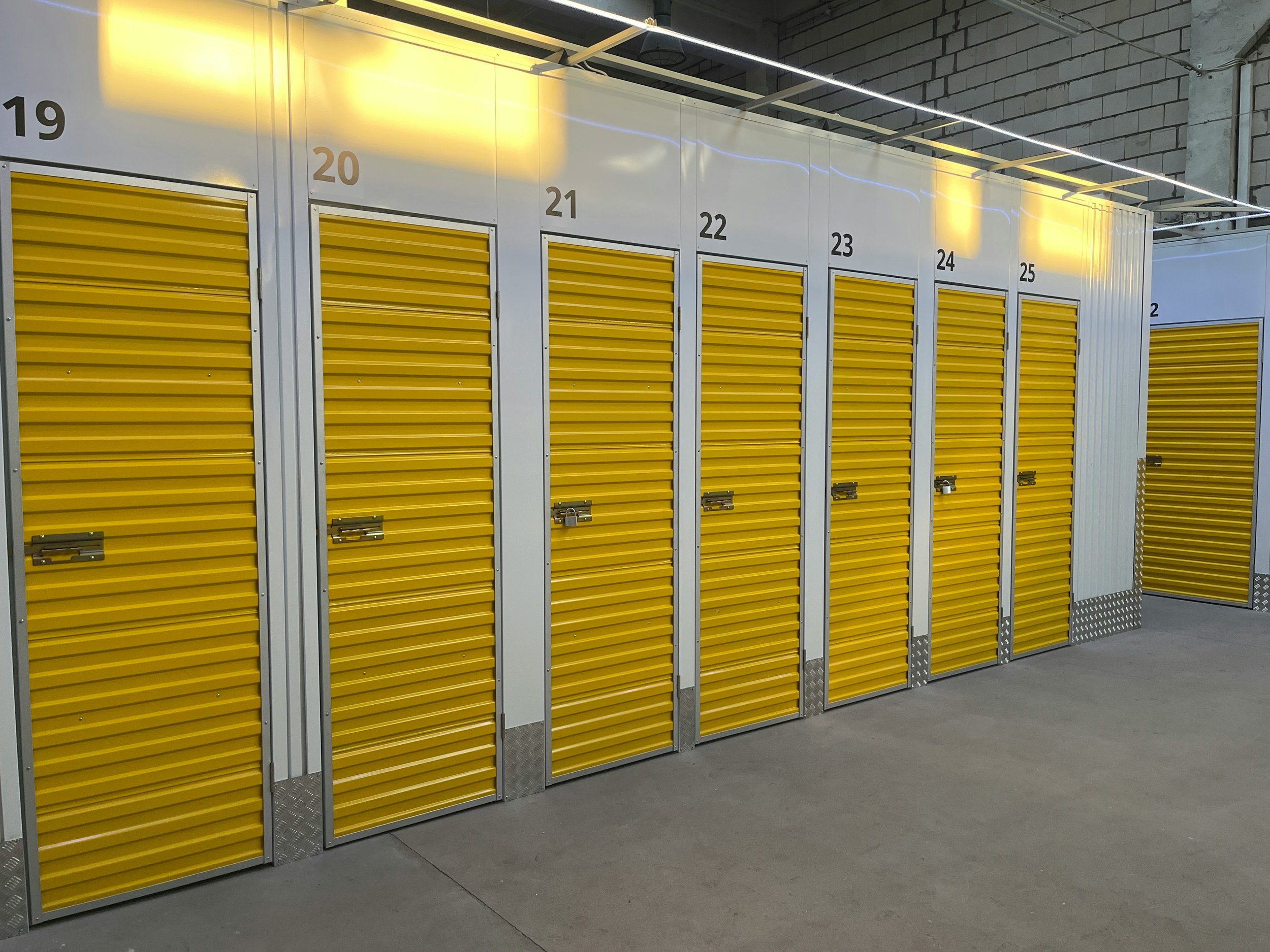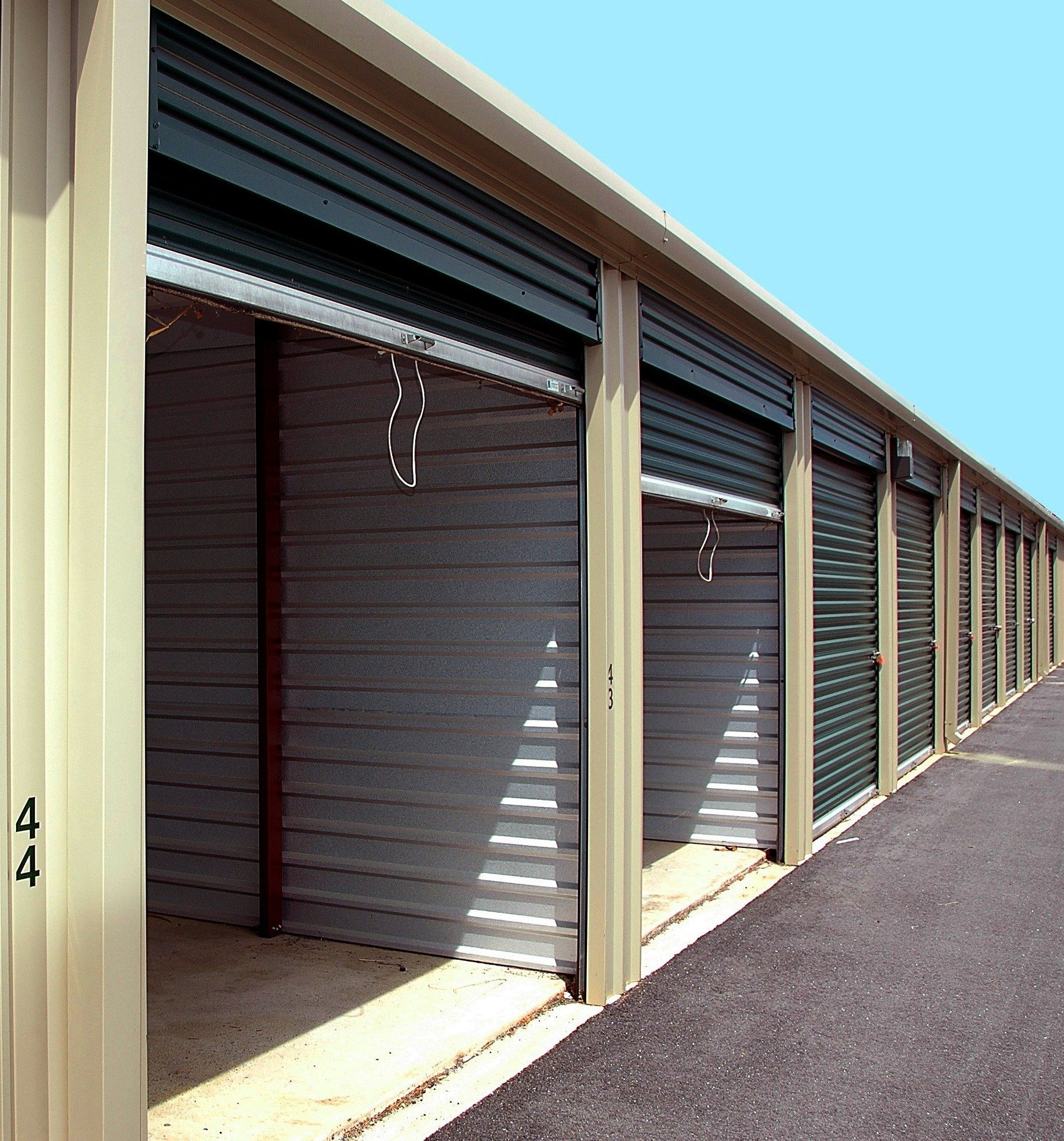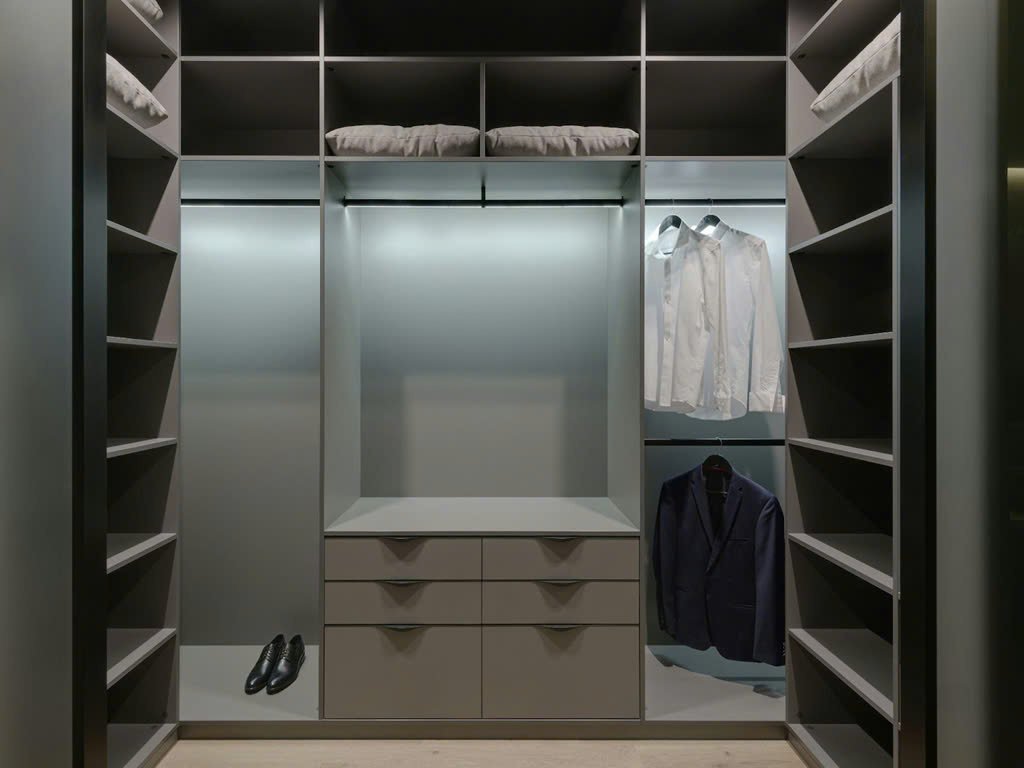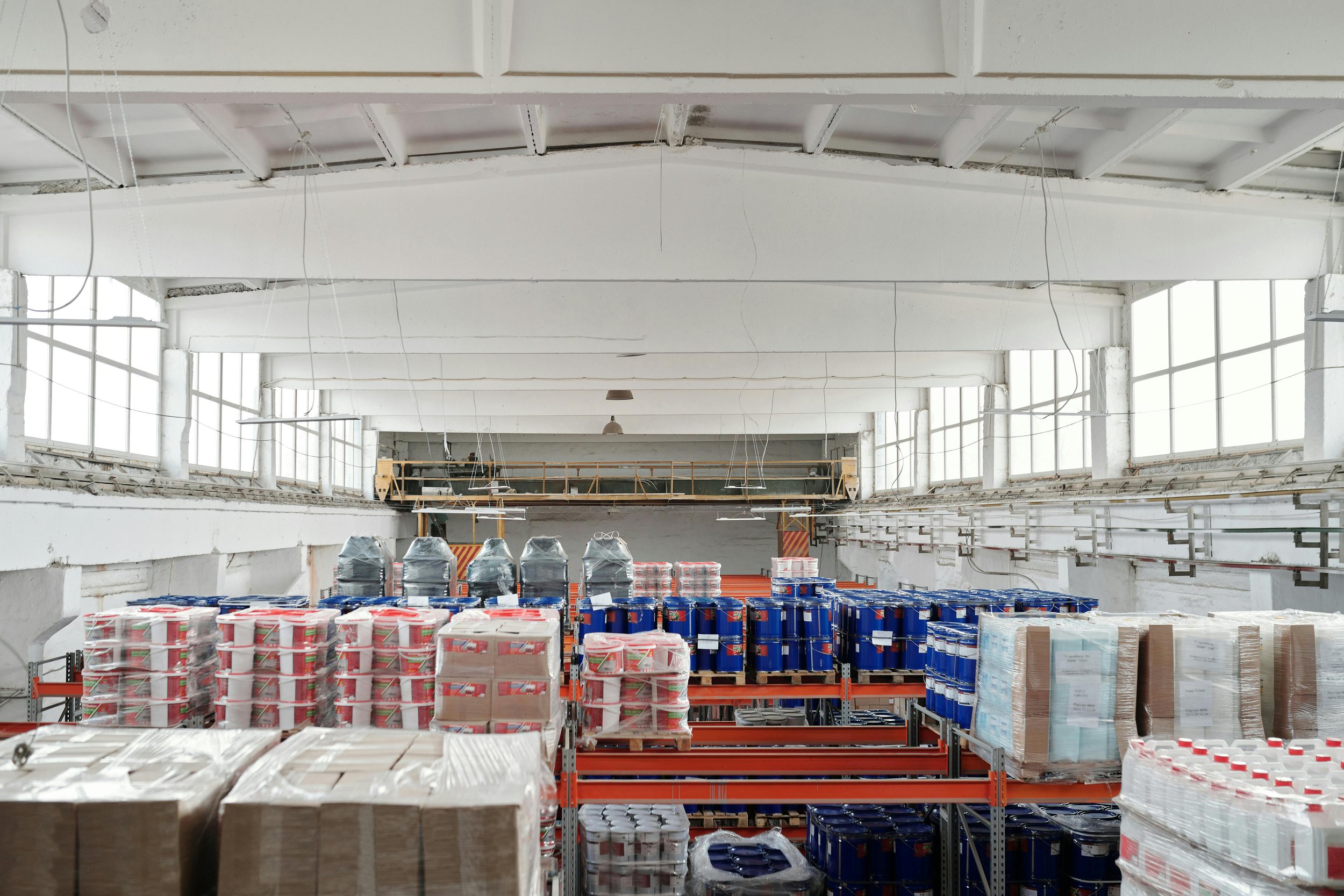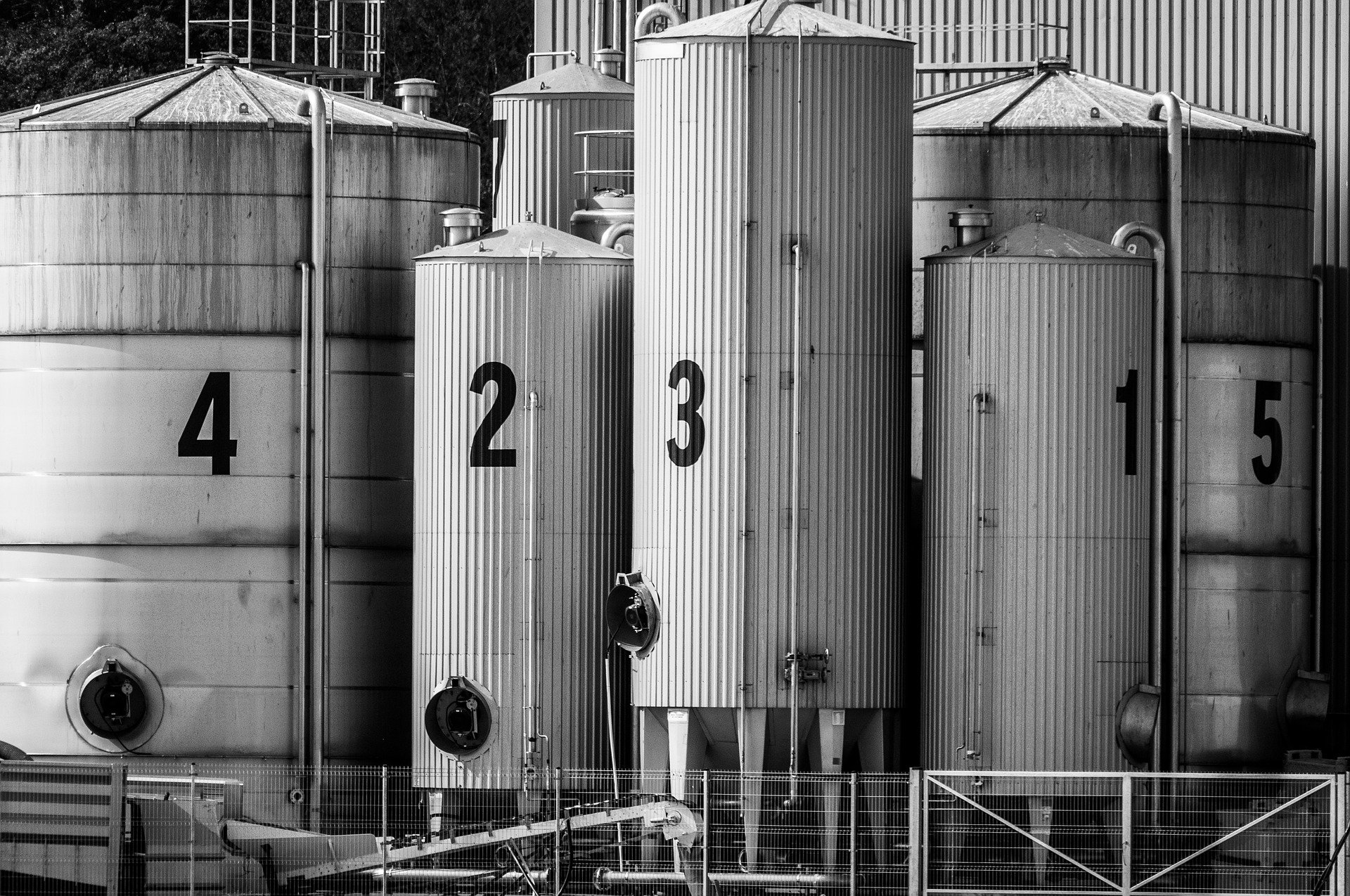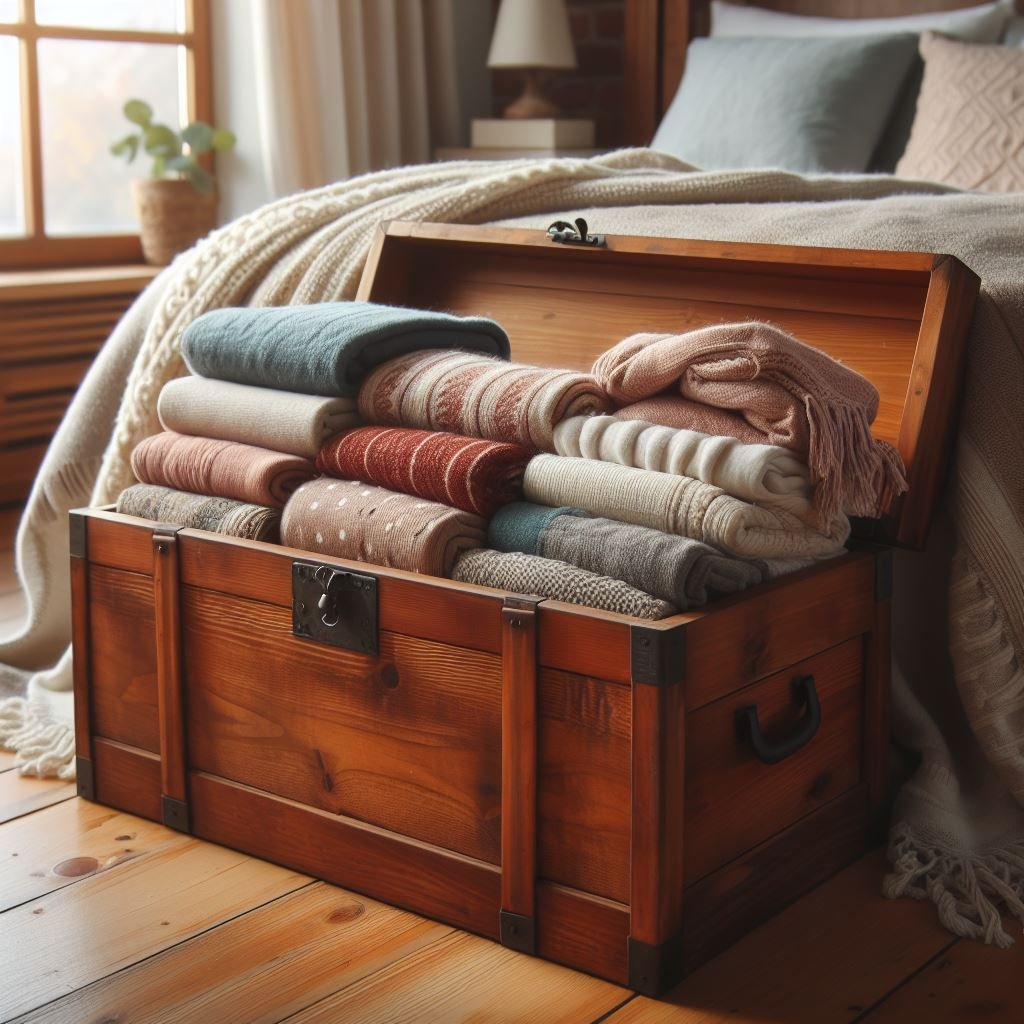What to Know Before Choosing a Storage Unit for Household Belongings
Learn what to consider before choosing a storage unit for your household items—security, size, climate control, and accessibility all matter.
The decision to rent a storage unit for your household belongings can stem from various circumstances. Whether you’re moving, renovating, downsizing, or simply need extra space, understanding the nuances of storage options is crucial. Selecting the right storage unit involves more than just picking the first one that meets your needs. It requires evaluating factors such as location, size, accessibility, and climate control to ensure your items are kept safe and secure. In this article, we will explore key considerations to keep in mind when choosing a storage unit that accommodates your needs and protects your valuables.
Understanding Your Storage Needs
Before you start scrolling through storage options, it's good to clearly define your storage needs. Take a comprehensive inventory of the items you plan to store, which helps you determine the appropriate size of the unit.
If you’re storing furniture and larger appliances, you’ll likely need a bigger space than if you're just keeping seasonal clothing and smaller boxes. Most storage facilities offer a variety of sizes, ranging from small lockers suitable for boxes to spacious units that can accommodate an entire household's worth of belongings.
Consider how long you’ll need the storage unit. Understanding whether you need a short-term or long-term solution can guide pricing decisions and additional features you might want.
Location and Accessibility
The location of your chosen storage facility can significantly impact your experience. Opting for a facility that’s close to your home or workplace saves time and makes accessing your belongings more convenient.
Keep in mind that proximity may come at a higher cost. Research multiple locations and compare the access hours, as some facilities offer 24/7 access while others may have more limited hours. If you plan to frequently access your stored items, look for facilities that support easy access. Conversely, if you're storing items long-term and don't expect to retrieve them often, the location might be less critical.
Security Features of the Facility
When it comes to storing your belongings, security is a non-negotiable aspect. Investigating the security measures in place at your chosen storage facility helps ensure your items remain safe from theft and damage. Look for features like gated access, surveillance cameras, individual unit alarms, and security personnel on-site. Reading reviews from other customers can provide insight into how effectively a facility has managed security concerns in the past. By prioritizing security, you'll gain peace of mind that your valuables are protected within their storage units.
Consider the Climate
Another critical consideration in your storage decision is climate control. If you are storing sensitive items such as electronics, wood furniture, antiques, or important documents, opting for climate-controlled options is smart. Temperature fluctuations and extreme humidity can adversely affect these items, leading to warping, mold, or deterioration. You should know that climate-controlled storage units maintain a steady temperature and humidity level, safeguarding your belongings from environmental stressors. This option may come with a higher price tag. It's worth it for the protection it offers against potential damage.
Climate-controlled units help prevent unpleasant odors and pest infestations that can occur in traditional storage spaces. By maintaining optimal conditions, these units ensure that your valuables remain in the same condition as when they were first stored. Investing in climate control provides peace of mind for long-term storage needs.
The Cost of Storage Units
Understanding the cost associated with storage units is vital when making a choice. Storage facility prices can vary based on several factors, including location, size, demand, and features like climate control. Obtain quotes from multiple facilities to compare costs effectively. Be sure to inquire about any hidden fees or potential price increases after your initial rental period. Many storage facilities may run promotional discounts for signing a new contract during peak moving seasons. Understanding the full financial commitment allows you to choose a storage unit that fits within your budget while adequately servicing your storage needs.
Assessing the Rental Agreements
Before finalizing the rental of a storage unit, take the time to review the rental agreement thoroughly. The contract should outline details such as payment terms, access hours, and conditions for ending the rental. Understanding these terms can prevent surprises later on regarding payment for late fees or penalties for moving out before the agreed-upon period. Some facilities offer month-to-month rental agreements, which provide flexibility should your storage needs change. Read the fine print carefully to avoid any misunderstandings.
Packing Tips for Safe Storage
Proper packing is vital to maximize space and protect your belongings while in storage. Use sturdy, stackable boxes and clearly label each one to make locating items easier. Wrap fragile items in bubble wrap or packing paper, and consider disassembling large furniture to save space and reduce the risk of damage. Avoid storing items directly on the floor by using pallets or shelves to prevent moisture exposure.
Leaving some space between boxes and walls promotes air circulation, helping to prevent mold and mildew buildup. Taking the time to pack thoughtfully ensures that your possessions remain safe and organized throughout their storage period.
Final Checks Before Moving In
Once you’ve narrowed down your options, it's wise to make a final check of the chosen facility before committing. Take the time to visit the location in person to get a feel for the cleanliness and professionalism. Inspect the actual storage unit you're considering, ensuring it is free from mold, pests, and other potential hazards. Confirm the climate control functionality if applicable. This visit allows you to ask any last-minute questions, ensuring you've covered all bases before bringing your belongings to the facility.
Verify the security measures in place, such as surveillance cameras, gated access, and individual unit locks, to ensure your items will be safe. Don’t hesitate to review the rental agreement carefully and clarify any terms or fees that may be unclear. Taking these final steps helps guarantee a smooth and worry-free storage experience from the very beginning.
Choosing the right storage unit involves careful consideration of your unique needs, budget, and priorities such as location, security, and climate control. By thoroughly researching options, inspecting facilities, and preparing your belongings properly, you can safeguard your valuables and enjoy peace of mind. With the right approach, renting a storage unit becomes a seamless and stress-free experience that supports your lifestyle transitions and protects what matters most.
